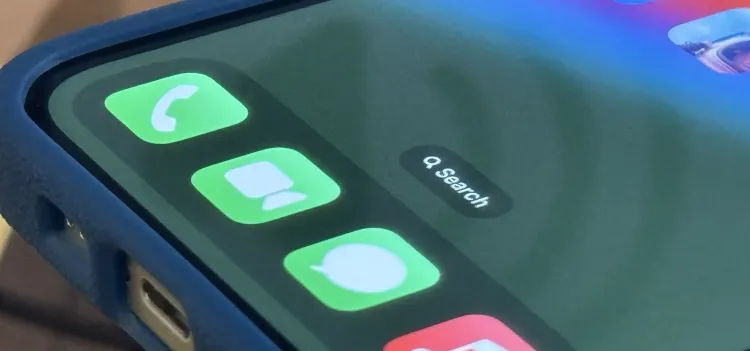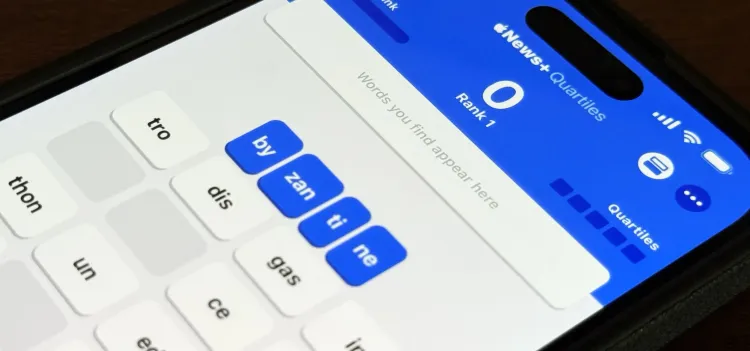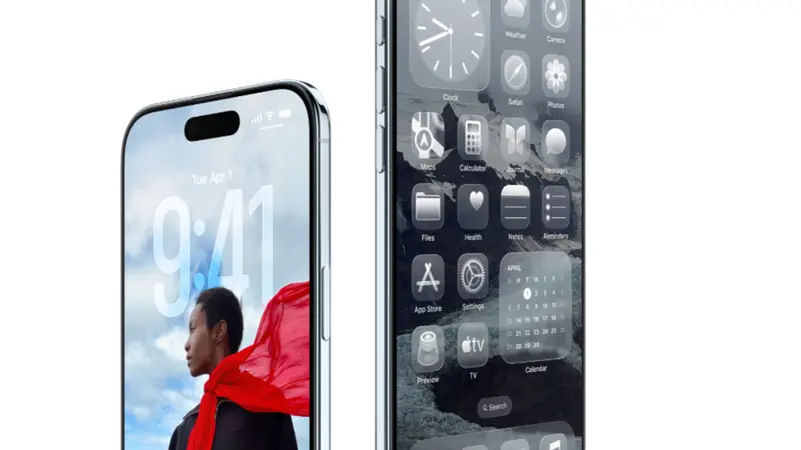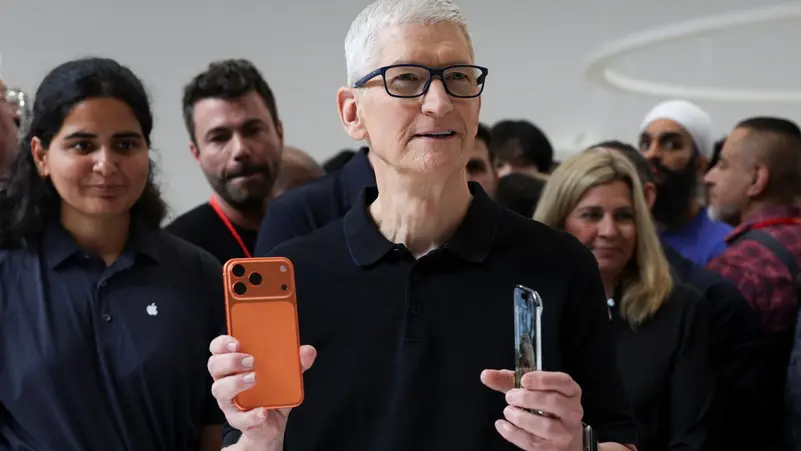iPhone vs Android: Which Is Better for You?
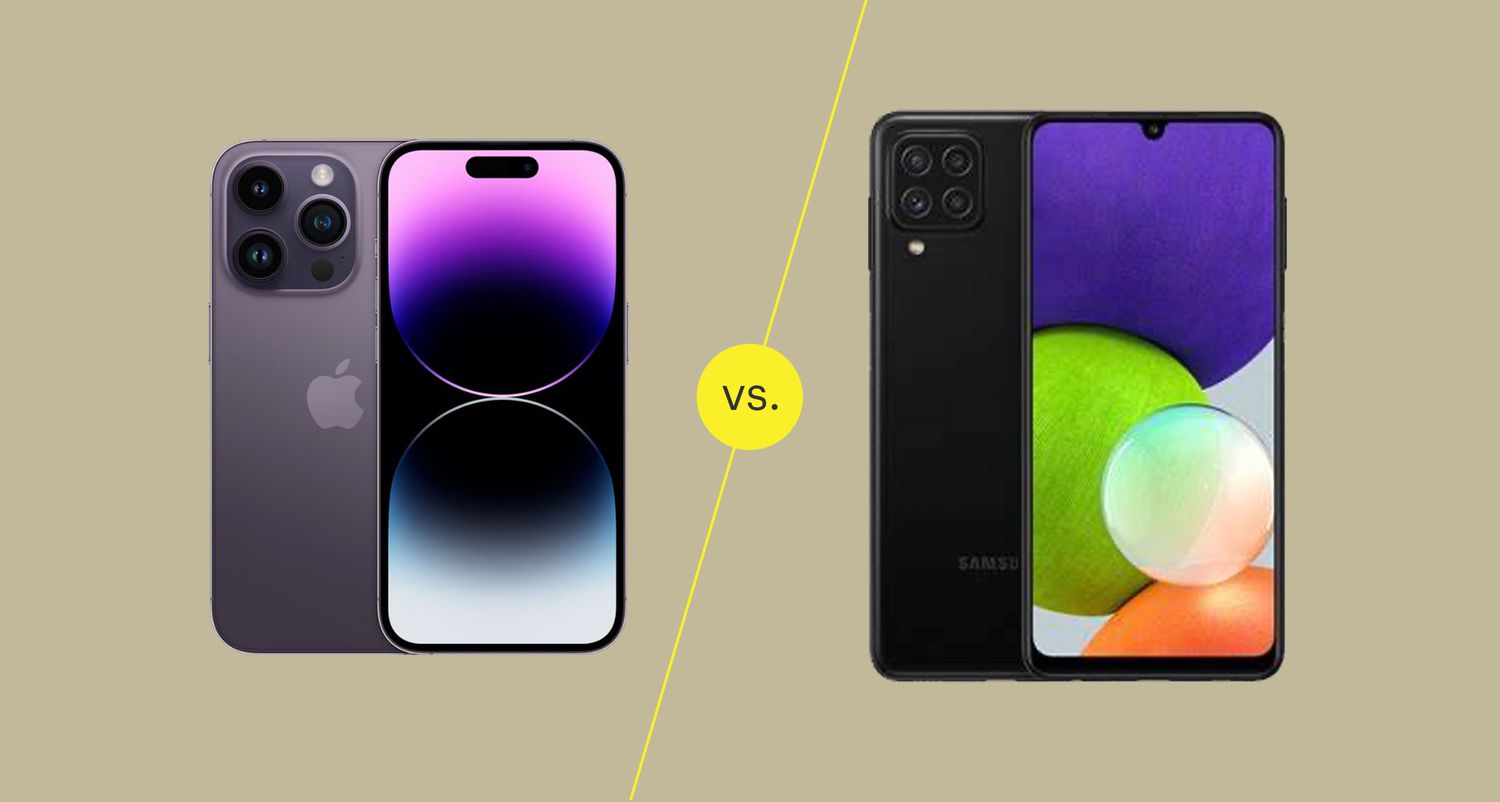
The debate between iPhone and Android has been around for more than a decade, and in 2025, the competition remains stronger than ever. Both platforms have evolved with new technologies, faster processors, and improved user experiences. Choosing between iPhone and Android ultimately depends on your lifestyle, preferences, and budget. This guide will break down the strengths and weaknesses of each ecosystem to help you make the right choice.
User Experience
iPhone offers a polished, consistent experience across all devices. iOS is known for its simplicity, fluidity, and reliability. Android, on the other hand, provides flexibility and customization. You can adjust layouts, install third-party apps outside the Play Store, and customize every detail of the interface.
Hardware and Design
Apple controls both the hardware and software of its devices, which results in seamless integration and high-quality builds. The iPhone SE 2025 and iPhone 15 models continue Apple’s tradition of sleek designs with strong materials. Android phones vary widely—some like the Samsung Galaxy S25 Ultra are premium, while others like the Pixel 8a are budget-friendly yet well-built.
Cameras
Apple continues to lead with video recording quality, offering cinematic mode, ProRes recording, and unmatched consistency. However, Android devices, especially Google Pixel and Samsung Galaxy, often outperform iPhones in photography due to advanced AI features, higher megapixel sensors, and versatile lenses.
Battery Life and Charging
iPhones are optimized for endurance but usually have smaller batteries. Apple’s strength lies in efficiency, not size. Android phones dominate in raw battery capacity, often offering 5000mAh or more, with fast charging capabilities reaching 100W. For users who hate waiting for their phone to charge, Android wins this round.
Software Updates
Apple offers long-term software support—often 5 to 6 years of iOS updates. This ensures your phone remains secure and usable for a long time. Android has improved drastically, with Samsung and Google now providing 4–5 years of updates, but smaller brands still lag behind.
Ecosystem
The Apple ecosystem is unmatched. iPhone connects seamlessly with iPad, Mac, Apple Watch, and AirPods. For users deeply invested in Apple’s products, switching away is difficult. Android, however, provides better integration with Windows PCs, Google services, and third-party smart devices.
Price and Value
Apple products are premium, with even the entry-level iPhone SE 2025 priced higher than some mid-range Android phones. Android dominates the value market, offering devices under $300 with features Apple reserves for flagships.
Security and Privacy
Apple emphasizes user privacy, with strict app permissions and a closed ecosystem. Android has improved its security measures, but its open nature makes it more vulnerable to malware if users are careless with app downloads.
Gaming and Performance
Both platforms now offer smooth gaming experiences, with powerful processors and optimized displays. Apple’s A-series chips still dominate in raw performance, but Android phones like the OnePlus Nord 5 Pro and Realme GT Neo 6 offer competitive gaming-focused features such as cooling systems and high-refresh-rate screens.
Final Thoughts
There is no one-size-fits-all answer in the iPhone vs Android debate. If you want simplicity, long-term software support, and the best ecosystem, the iPhone is your best bet. If you prefer variety, customization, and better value for money, Android is the clear winner. The choice ultimately depends on whether you prioritize consistency or flexibility.
Tags / Keywords
iPhone vs Android 2025, which is better iOS or Android, Apple ecosystem vs Android ecosystem, smartphone comparison 2025, best phone for gaming iPhone vs Android, Android customization vs iPhone simplicity, long term updates iPhone, battery life Android vs iPhone, smartphone buying guide 2025, iPhone SE 2025 vs Pixel 8a
The Ultimate Guide to Choosing a Smartphone Camera
Cameras are now one of the most important factors in smartphone purchases. In 2025, even budget devices offer advanced photography features, but not all cameras are equal. Choosing the right smartphone camera requires understanding specifications, software optimization, and use cases.
Why Smartphone Cameras Matter
Smartphone cameras have replaced point-and-shoot devices for most people. Whether it’s social media content, family photos, or professional work, the quality of your camera can make or break your experience.
Key Specs to Consider
Megapixels determine resolution but are not the only factor. Sensor size is more important for light capture. Aperture affects low-light performance. Optical Image Stabilization (OIS) helps reduce blur. Multiple lenses add versatility, from wide-angle to telephoto.
AI and Computational Photography
Modern phones rely heavily on AI to enhance photos. Google Pixel leads with AI editing, while Samsung excels in detail and sharpness. Apple focuses on natural colors and consistency. AI-based features like background blur, face recognition, and real-time filters make photography easier and more creative.
Video Recording
If video quality is important, look at resolution and frame rates. The iPhone still dominates video recording with cinematic modes and ProRes support. Android competitors like Samsung Galaxy and Sony Xperia focus on professional-grade video options.
Storage and Processing Power
High-resolution photos and 8K video require large storage and fast processors. Look for at least 128GB of storage and a powerful chip like Snapdragon 7 Gen 2 or Apple’s A16 Bionic.
Best Options in 2025
Google Pixel 8a: Best for AI-powered photography.
Samsung Galaxy A56 Ultra: Best balance of camera features.
iPhone SE 2025: Best for video recording.
Xiaomi Redmi Note 14 Pro Max: Best megapixel count at 200MP.
Sony Xperia 10 VI: Best for professional video creators.
Final Thoughts
The best camera phone is not about the highest megapixel count but about the overall experience. For casual photography, a Pixel is unbeatable. For professional video, iPhone is king. For users who want versatility, Samsung and Xiaomi offer feature-packed devices at affordable prices.
